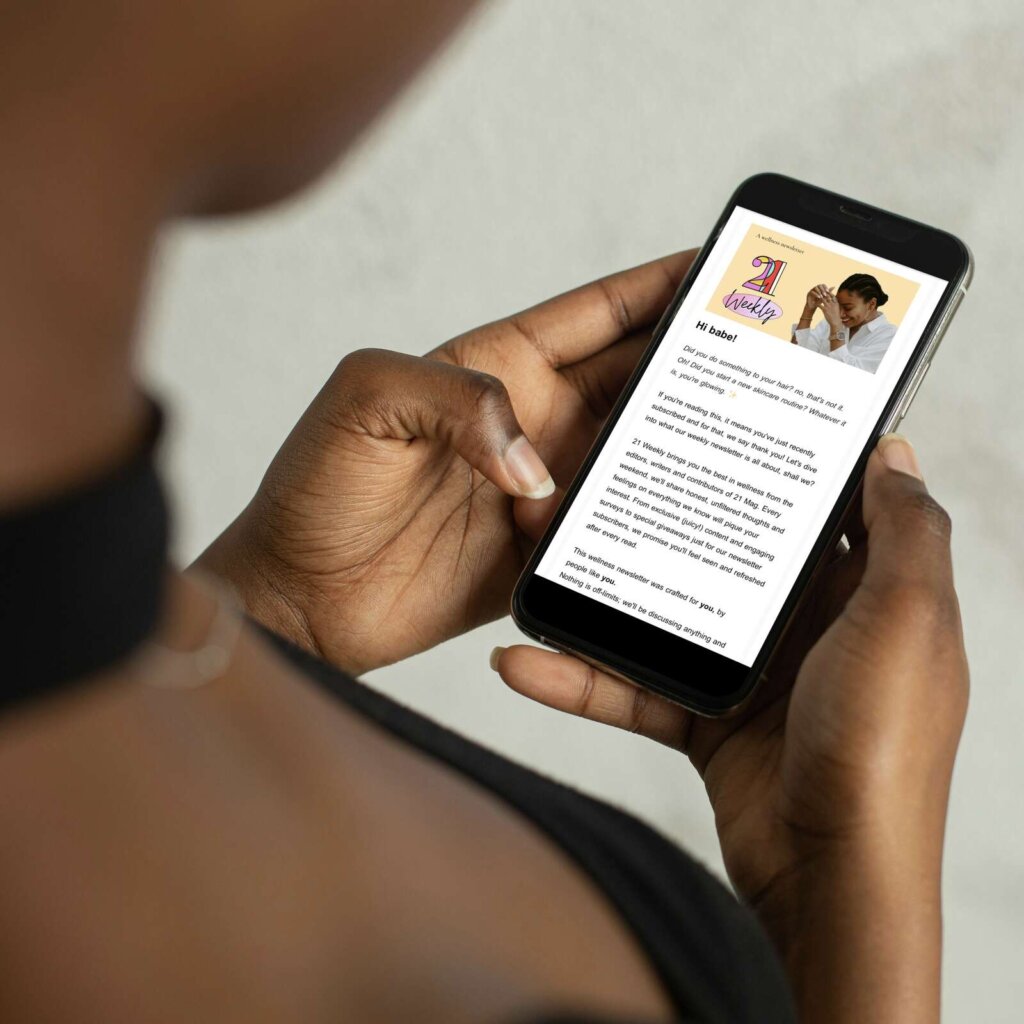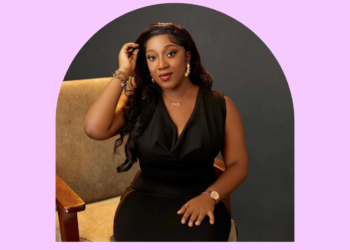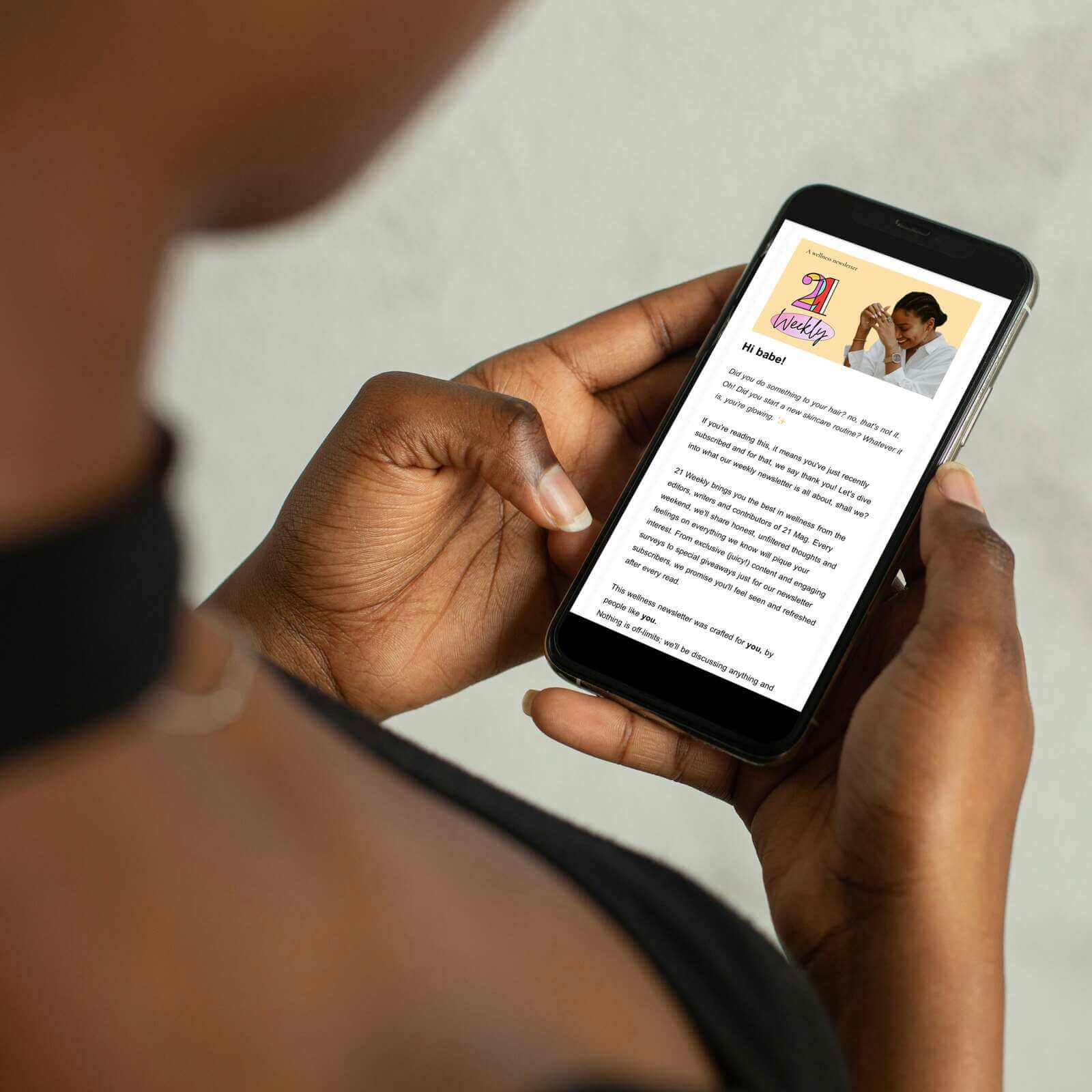No products in the cart.
Power Dynamics and Age Differences in Relationships
Age-gap relationships are relationships where one party is vastly older than the other, and while, in some cases, this is no cause for concern, more often than not, it is. This is because of power dynamics, and specifically, imbalances and relational inequality. Where one partner is much older, they’re typically more experienced, more financially secure and more likely to manipulate or superimpose their will and decisions over their much younger partners.
Firstly, when someone much older propositions you romantically, you should wonder why. Not because you’re not absolutely amazing; because you are, but because you’re probably in very different stages in your lives. For example, imagine a 30+-year-old trying to date a 19-year-old. Sure, they’re “legal” per their usual argument and justification, but they’re also comparatively inexperienced, probably unemployed and maybe even living with their parents and battling a curfew. Meanwhile, said man has been working for the past ten years, has a wealth of experience, and way more money.
Where one partner has a lot more money than the other, and the other is primarily dependent on them for sustenance, money may become a tool for manipulation, and in most age-gap relationships, the older party is more established and financially secure than the other. Men are constantly crying about broke babes online, so you should wonder, why go after under-23 babes who are most likely fresh out of university and therefore broke?
Oftentimes, older men who actively pursue younger women enjoy the thrill of chasing youth, vulnerability and presumed innocence are not inspired by love or your, again, undeniable awesomeness.
Not all age-gap relationships are doomed to be predatory. With proper communication, self-awareness, and many difficult and uncomfortable conversations, people may figure out how to navigate these situations healthily, but really, how often do they? Where the power dynamics are skewed, relationships are often exploitative, predatory, and ultimately fated for disaster.
Older partners are more likely to wield influence and power, while younger partners are more likely to take on a dependent role, and where there is conflict, as there is in all relationships, suddenly they remember that they’re an “adult” and you’re a “child”. They’re smarter than you, more experienced and more “mature” than you. The younger partner is usually more vulnerable, and predatory age gaps exploit that vulnerability.
At first, the situation may be pleasant. As a young woman, receiving attention from an older man can be a heady feeling. I mean, out of all the women he could have chosen, he chose you. However, the older partner may become overbearing, the relationship may become strained, and then the cracks start to show, and a power struggle the younger person is fated to lose ensues within the relationship.
Such relationships may involve grooming, and people who repeatedly to go after younger partners may do so because they like the idea of moulding and shaping their partners according to their desires, and that’s why they like to “catch them young.”
All relationships involve a certain level of risk and vulnerability, but where one partner is much younger than the other, the odds are even further stacked against them.
Here’s a list of some red flags to look out for in all relationships, but age-gap relationships especially:
1. Love Bombing: Love bombing is a form of psychological and emotional abuse that involves a person going above and beyond for you in an effort to manipulate you into a relationship with them. It may involve showering you with excessive praise and flattery and unwanted or unnecessary expensive gifts, overcommunicating their feelings for you, rushing the pace of the relationship or intensely planning your future together when you barely even know them, or refusing to accept rejection. First, they idealise you, and if it doesn’t work out, then comes devaluation. Their expressiveness and generosity may serve as a cover for other red flags that will manifest in the course of the relationship.
2. Isolation: Where a partner seeks to isolate you from your friends and family, it is a clear indication of a predatory relationship. A person attempting to rid you of your support system cannot mean well for you.
3. They minimise your experiences, diminish your concerns and talk over you: Where a partner refuses to take your thoughts, feelings or concerns seriously, it’s not a good precedent. Where they’re older, they may justify this behaviour by saying they know better, but remember, you know you best.
4. Controlling behaviour: Controlling behaviour like attempting to go through your phone, monitoring your location and interactions, and trying to order your every step and action can only herald further abuse.
5. Signs of aggression and physical violence: Conflict is inevitable in relationships, so, how a partner handles disagreements is very important. Do they get aggressive? Do they threaten to hit you? Do they break things?
In an ideal relationship, both partners have equal footing, mutual understanding and respect. These conditions may not be found in age-gap relationships due to relational inequality, that is, one party taking advantage of the other; financial inequality and dependence, and parties being in different stages in life. This is not to say that they’re all doomed to be predatory, but people rarely like to admit that they usually are.















